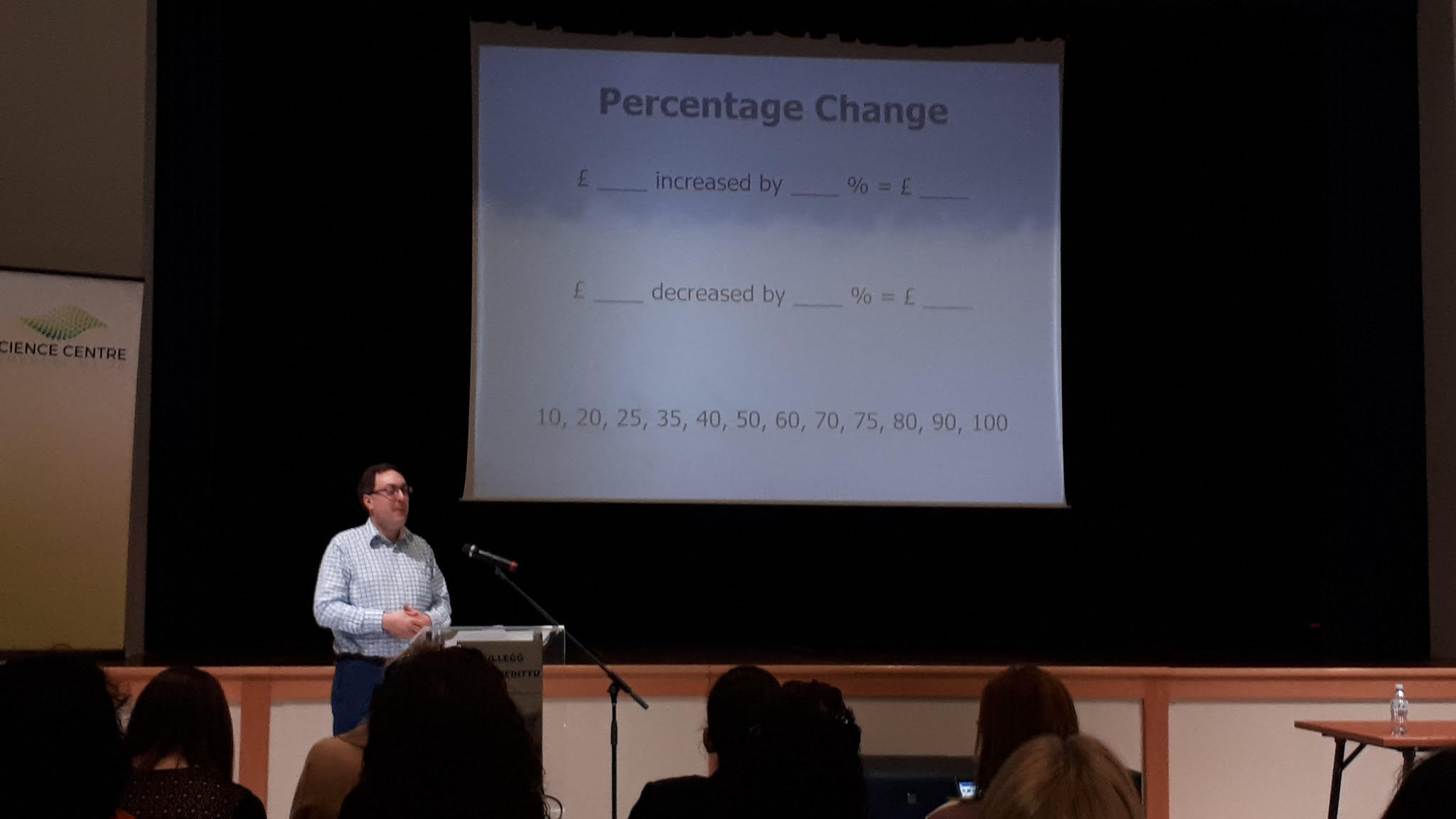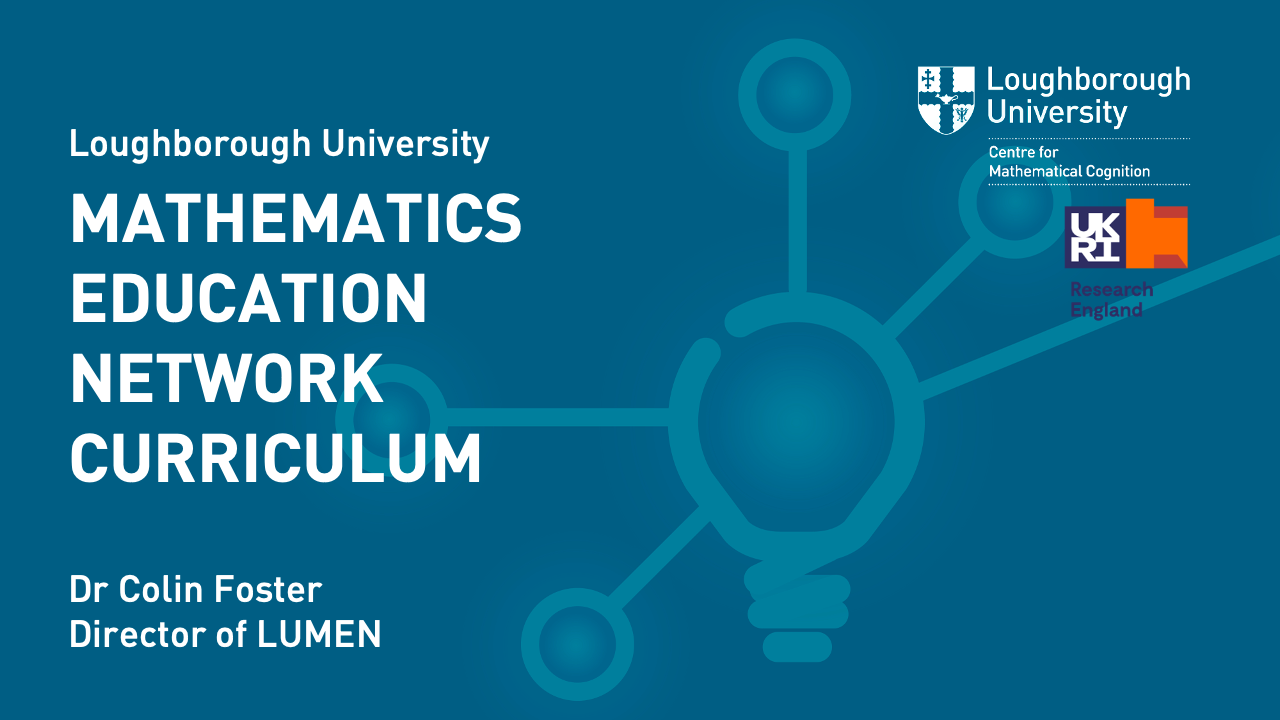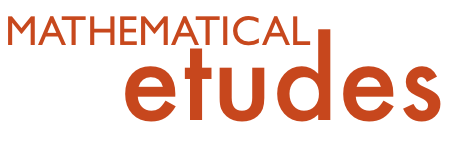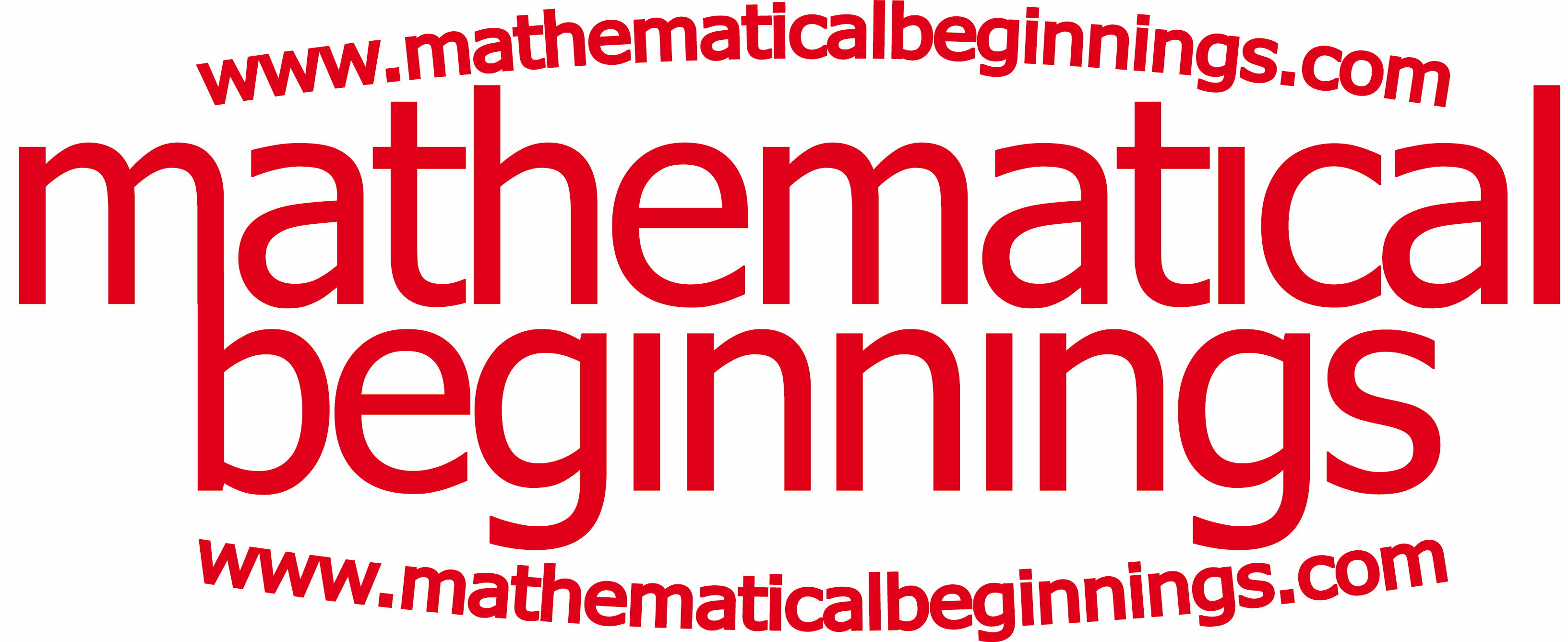Research

Research interests
My research interests in mathematics education focus on the learning and teaching of mathematics in ways that support students’ conceptual understanding. I am particularly interested in the design and use of rich tasks in the mathematics classroom, and in finding ways to enable students to develop the necessary fluency in mathematical processes to support them in solving mathematical problems. I am also interested in confidence assessment as a tool for formative assessment.
My main research focus is currently as a Co-Director of the Centre for Early Mathematics Learning, funded by the Economic and Social Research Council (ESRC), which is part of UK Research and Innovation. This ESRC Centre will transform understanding of children’s mathematics learning during the early years and design effective educational activities to improve skills and knowledge. Related to this, in my role as Director of the Loughborough University Mathematics Education Network, I am leading a design-research project to construct the LUMEN Curriculum, a completely free, research-informed, full set of mathematics curriculum resources for schools. This builds on a recent Economic and Social Research Council (ESRC) project Exploring socially-distributed professional knowledge for coherent curriculum design, carried out in collaboration with Professor Geoff Wake, Dr Fay Baldry and Professor Keiichi Nishimura.
I am continuing to build on my research in the Mathematical Etudes Project, which is a study into the development of mathematical fluency, and also the Confidence Assessment Project, which is exploring how asking students to indicate how sure they are about the answers they give in low-stakes mathematics tests can contribute to formative assessment.
I have twice spoken about my research as a guest on the Mr Barton Maths Podcast: click here and here to listen.
I supervise PhD students across a variety of topics within mathematics education.
Design research projects
I also worked on many projects at the Shell Centre at the University of Nottingham, UK.
Current research students
Casha Sammut, Melanie (PhD): Gifted and talented students in primary mathematics.
Gleadow, Tanya (PhD): Evaluation and development of a data science curriculum to increase motivation and ambition for further study and careers in computing and STEM.
Lewis, Matthew (PhD): Teacher beliefs about research.
Makri, Depy (PhD): Content-based reflection as a structural part of online workbooks for learning mathematics.
O’Brien, Dan (PhD): Extended Reality (XR) in mathematics education.
Peters, Caroline (PhD): Manipulatives and maths anxiety.
Completed research students
Mahak, Sheeza (2025). The role of metacognitive monitoring, confidence and mathematics anxiety in problem solving among autistic and neurotypical adults. Unpublished PhD dissertation. Loughborough University.
Chan, Bobo (2024). The spacing effect, working memory resource depletion and levels of element interactivity. Unpublished PhD dissertation. Loughborough University.
Strauss, Jacob (2023). Developing secondary school students’ procedural fluency with Cover, Copy and Compare. Unpublished PhD dissertation. Loughborough University.
Bustang, Bustang (2022). Probability conceptions and metacognitive judgements of Indonesian secondary school students and in-service mathematics teachers. Unpublished PhD dissertation. Loughborough University.
Guimarães, Rita Santos (2019). Investigating mathematics teachers’ changes in practice during a professional development initiative. Unpublished PhD dissertation. University of Nottingham.
Barichello, Leo (2018). An investigation into how low-achieving secondary students learn fractions through visual representations. Unpublished PhD dissertation. University of Nottingham.
Calleja, James (2018). Learning to teach mathematics through inquiry: A case study of continuing professional development in Malta. Unpublished PhD dissertation. University of Nottingham.
McCance, Lorna (2014). How do students’ solutions to a problem-solving task change after attempting to understand an algebra-focused sample solution? Unpublished MA dissertation. University of Nottingham.
Peake, Eleanor (2014). When and how do Year 2 pupils use the Bar Model to solve mathematical word problems? Unpublished MA dissertation. University of Nottingham.
Roberts, Katherine (2013). Which aspects of mathematical problem-solving lessons do pupils value and why? Unpublished MA dissertation. University of Nottingham.
© Colin Foster 2025


